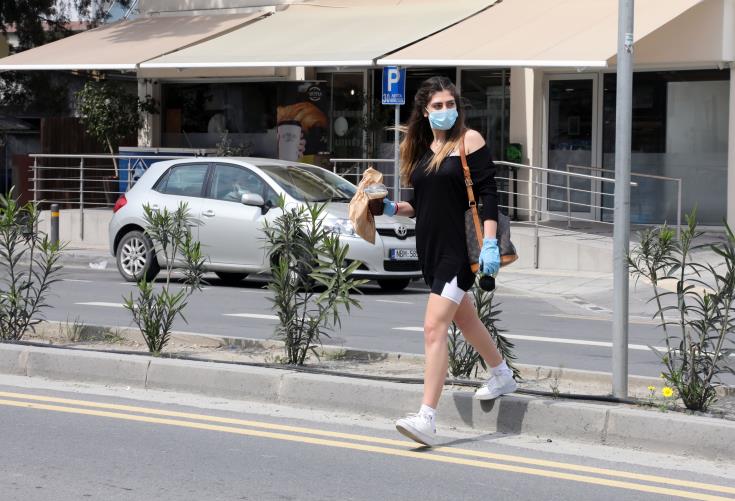There is some light at the end of a long COVID-19 underground tunnel that we may be able to enjoy a modicum of freedom as the government prepares to ease the lockdown.
Without a silver bullet to kill the virus, the weeks and months ahead will pretty much involve restrictions that keep us detached from the way we use to live our lives.
Reading between the lines, the new normal will continue to involve staying at home, essential trips only, no chance of a foreign holiday and treating everyone with suspicion.
I know we are supposed to be all in this together.
Fighting for the same team until victory is ours but when the only tangible triumph is staying alive, your outlook tends to become clouded with pessimism.
Although community spirit is the only way to get through this – without frontline workers, this is an unwinnable war – our behaviour is conditional on us being selfish and isolationist.
To overcome this highly infectious deadly disease, we are told to stay at home, not to have visitors, not to congregate, to exercise alone and keep our distance at all times.
Preventing the virus from spreading means avoiding physical contact, keeping your environment sterile and washing your hands on the verge of compulsory obsession.
Human interaction via screen or video link is hardly reassuring in an already isolated landscape where fear and loathing of the unknown enemy breeds like wildfire.
There seems to be no room for anything else but to worry about the rate of COVID-19 transmission, whether the health system cope, is there a second wave around the corner or will a vaccine ever appear.
Cyprus has done a commendable job in getting a firm handle on the virus when the odds suggested it had little chance of success with a health system in transition and a political establishment not known for its inventiveness and flexibility.
It could have gone all so wrong if the government had hesitated like so many of its EU partners, but it listened to the science. Luckily, it had Greece as a prime example to follow.
Cypriot politicians are not known for heeding expert advice as they normally think they have all the answers with the evidence usually confused with political expediency.
It would also be fair to say that Cyprus has neglected its public healthcare system until this government made a commitment to establish an integrated national health service.
This pandemic has shown how important it is to invest in the healthcare system, regardless of the politics involved.
The Great Escape
Once we have survived this trauma – adding to the scars of the financial crisis – there is no knowing how we will come out the other end, having crawled through the escape hatch.
After escaping from coronavirus confinement we will have to act as if we are normal again, but we won’t be able to quite convince ourselves to enter a place where they have other humans wandering around.
The lockdown lid will not come off in one swift movement like pulling off a plaster, no this will be a drip-drip approach in reacquainting ourselves with the outside world.
Social distancing is still going to be a thing for some time to come, our attitude toward crowds may become problematic like fear of wasps.
Even straight forward people-to-people contact such as visiting the doctor, getting your hair cut or going back to work in an office are all fraught trepidation.
Anyone who sneezes or coughs in public will be deemed a threat to the wellbeing of society.
Even if we wanted it to, a residue of suspicion or angst will never leave us.
I have no idea what the day after lockdown looks like, or when I will have enough confidence to fly again or book a holiday.
Cyprus can be proud it did not abandon its elderly to die in care homes, it did not stage USA-style public protests against social distancing, and we have by and large done what has needed to be done.
But COVID self-isolation has a financial and mental cost, how we deal with the blowback will test the true fabric of our society.
Stay home. Stay safe










